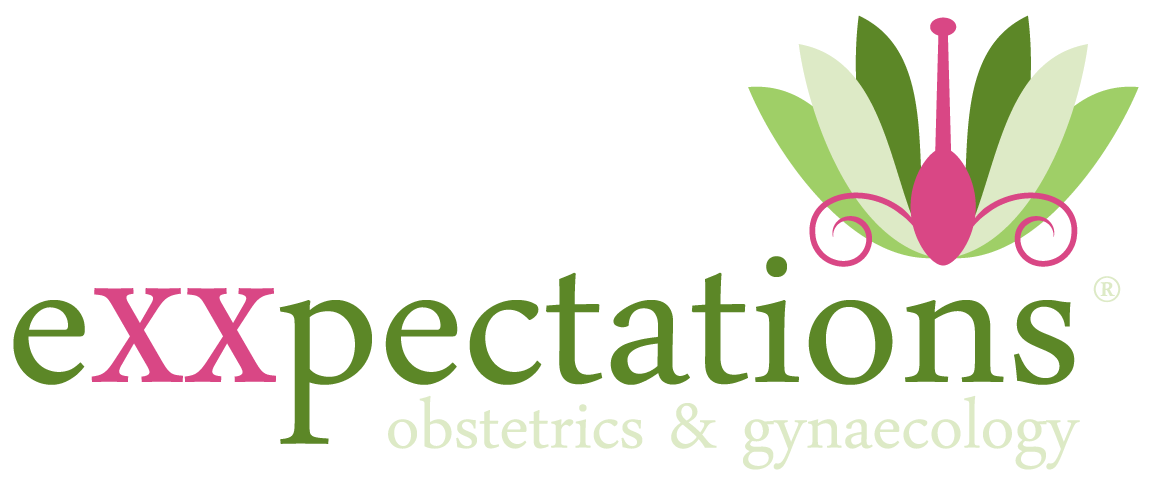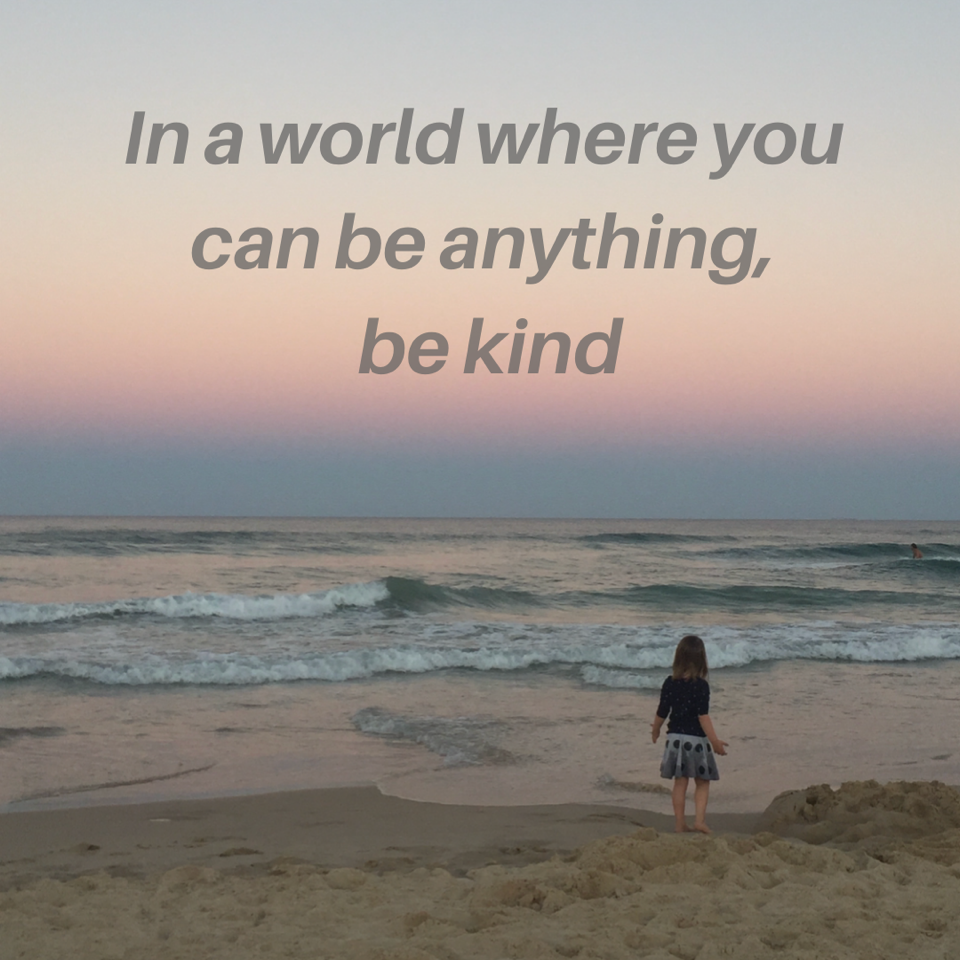This time of year is stressful. We are trying to “sort” Christmas – buy presents, get into the “spirit”, budget, cook, clean. . . all while dealing with kids on holidays, long task lists, deadlines at work and trying to “catch up” before Christmas. We are tired, generally stressed out, and some of us are getting ready to head off on holidays. This perfect storm of life tends to mean that people can seem to be less kind and less tolerant to each other. Our “kindness tanks” are running low, and there is not much reserve in our systems.
I have recently watched two TED talks about this topic. One was entitled ‘When rudeness in teams turns deadly’, given by Chris Turner. In it he discusses the harm that incivility causes, especially in a medical team setting. He discussed some enlightening research around performance and “helpfulness” after someone has been rude to you or you have witnessed rudeness to others. Just by being present when someone has been rude or unkind to someone else, performance was measured to drop by 20%, and we are 50% less likely to help someone else in the time following that event. Rudeness, or incivility, is contagious.
A study published in the British Medical Journal of Quality and Safety this year compared the performance of anaesthetists in a simulated operative theatre emergency environment depending on if the surgeon was rude or polite. There were two interesting findings – the first one is that the performance (compared with expected) of the anaesthetist was much lower in the group in which the surgeon was rude – 64% compared with 91% when the surgeon was polite. The other finding, which I think is as important, is that the anaesthetists self-reported their performance as the same regardless of which group they were in. So that means that not only was their performance reduced, but they didn’t know it was reduced. The impact was across multiple areas of performance – vigilance, diagnosis, communication and patient management. Basically, rudeness makes us unknowingly much less safe.
The other TED talk was “Why being respectful to your co-workers is good for business” by Christine Porath, who has done lots of research in this area in the corporate sector. Her words say it best….“Civility lifts people. We’ll get people to give more and function at their best if we’re civil. Incivility chips away at people and their performance. It robs people of their potential, even if they’re just working around it. What I know from my research is that when we have more civil environments, we’re more productive, creative, helpful, happy and healthy. We can do better. Each one of us can be more mindful and can take actions to lift others up around us, at work, at home, online, in schools and in our communities. In every interaction, think: Who do you want to be?”
Incivility – disrespect or rudeness – makes us feel smaller, and less then we are. It significantly reduces our performance, and the performance of those around us. Incivility makes us much less kind.
If incivility is so harmful across the board, in business and in medicine, and dare I say it, in life, what can we do about it?
Simple things. Be kind. Look people in the eye; smile. Say please and thank you. Be respectful. Try to listen for the intention behind the words when there seems to be more than one way to interpret them. Be the first to apologise. Own your own bad behaviour – because everyone has a bad day. Show tolerance. Be aware of your triggers – let your team know if you’ve had a suboptimal morning (spilt coffee on your shirt, for example). Try to be aware of the effect of your behaviour on those around you. Look to do the next right thing and for ways to lift those around you up. Kindness will cost you very little and will reap rewards in so many ways. Civility will help those around you be the best they can be.
So, this year, especially in this holiday season, can I encourage you – ‘In a world where you can be anything, be kind’ (unknown). We will all be better for it.

